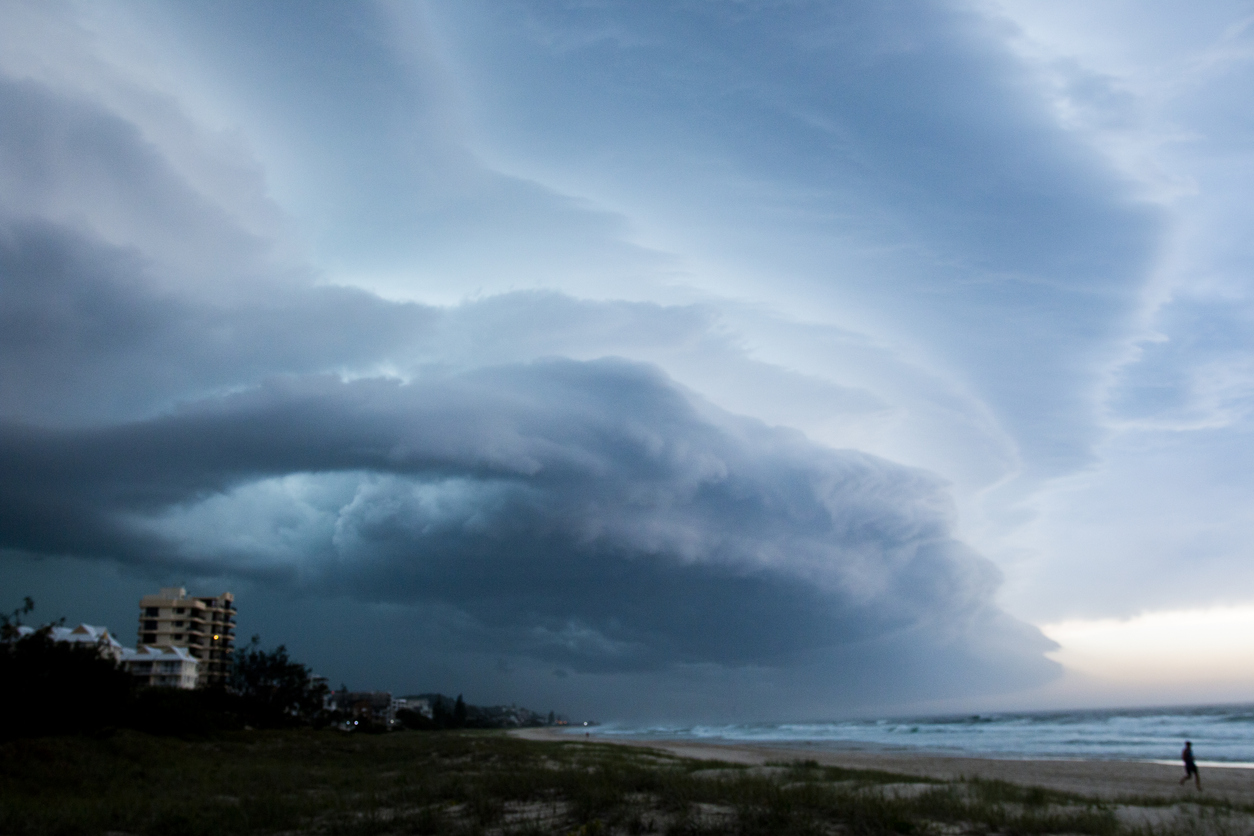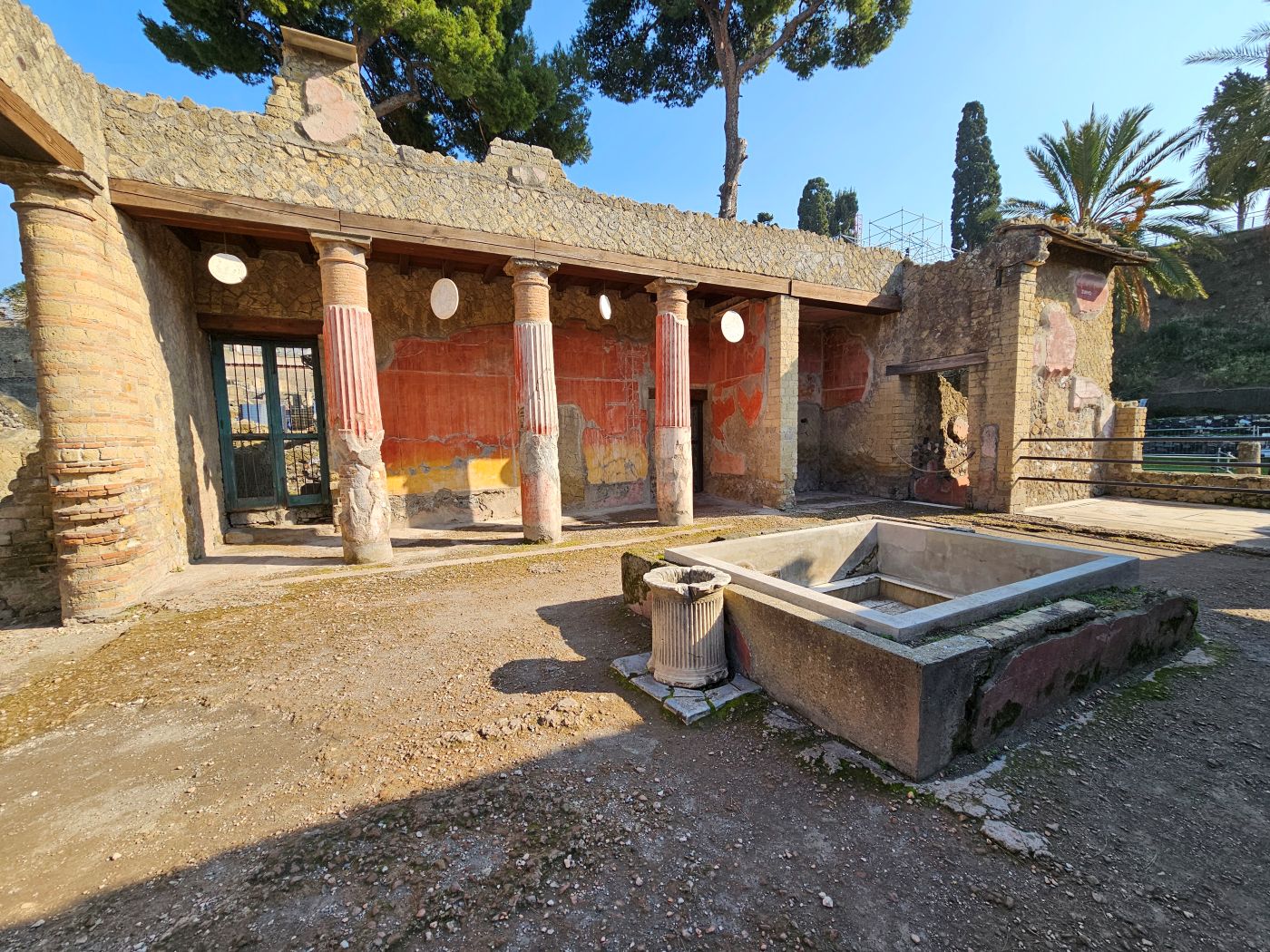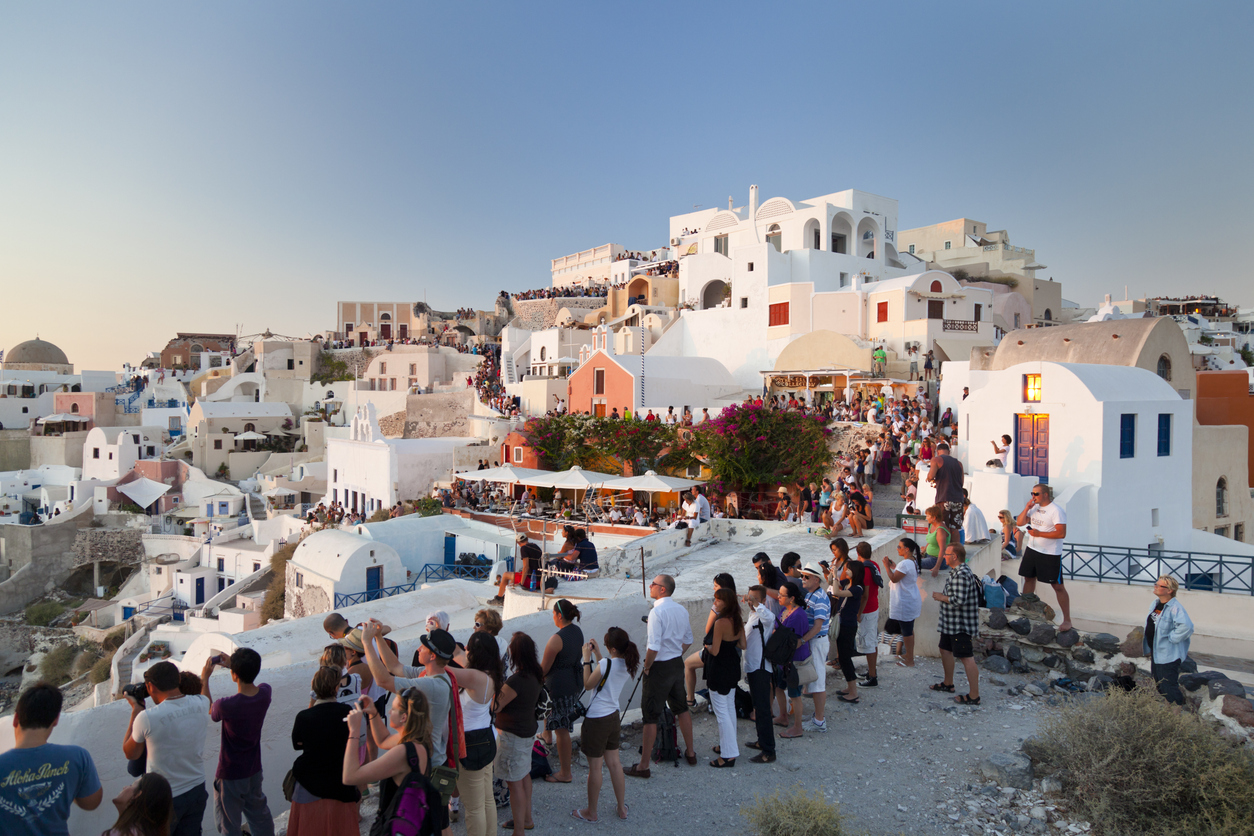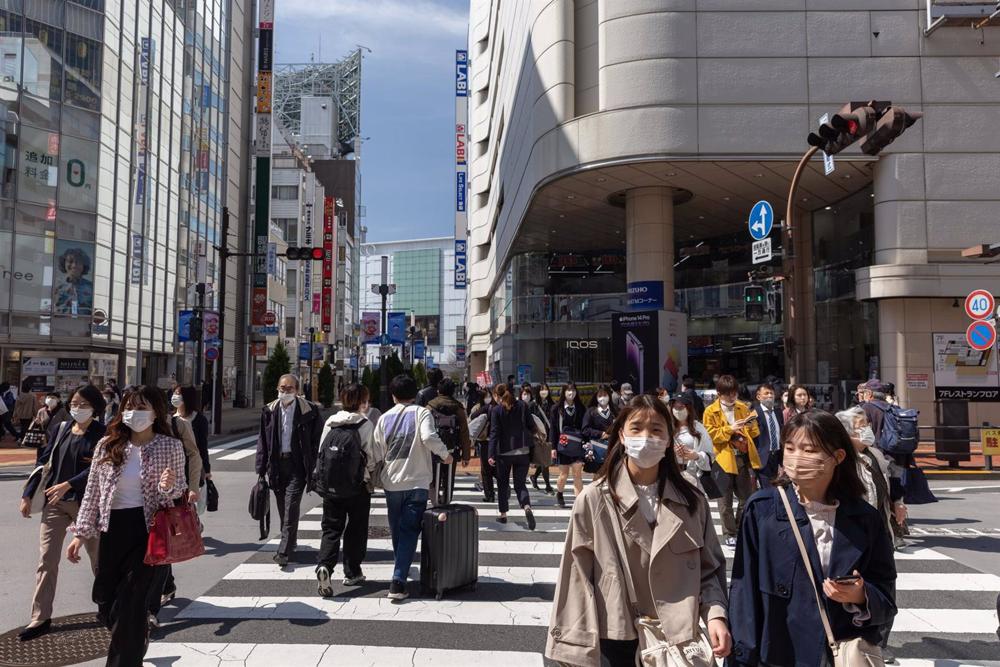
Burkina Faso authorities have assured that they have no ties with the Wagner Group, owned by an oligarch close to Russian President Vladimir Putin, after demanding France to withdraw its military and amid allegations about the presence of Russian mercenaries in the African country.
Burkinabe Foreign Minister Olivia Rouamba has conveyed to a Czech Republic envoy that Ouagadougou is seeking «an endogenous solution to fight insecurity». «Our security forces, our ‘volunteers’, are the Wagner of Burkina Faso,» she said.
He has also stressed that the authorities are committed to pushing for a transition in line with the claims of the Economic Community of West African States (ECOWAS), the Burkinabe Foreign Ministry has reported via its website.
Accusations against Burkina Faso for allegedly employing Russian mercenaries were made in December by Ghanaian President Nana Akufo-Addo, who claimed that «there are Russian mercenaries on the northern border (of Ghana),» before adding that «Burkina Faso has reached an agreement to join Mali in employing forces from the Wagner Group.»
Rouamba’s words came after Burkinabe government spokesman Jean Emmanuel Ouédraogo confirmed that Ouagadougou had asked Paris to withdraw French troops, while requesting «material support» from the country’s «friends» to reinforce operations against terrorism in the African country.
«The vision of the transition is that it is the Burkinabe themselves who will carry out the sacrifice for the liberation of our territory, the reconquest of the integrity of the territory and the re-foundation,» he said, while stressing that Burkina Faso wants to «count on its own means to win the war.»
On the other hand, the authorities have announced the neutralization of «several terrorists» and the destruction of their bases in operations carried out between December 15 and January 15. They also said that two soldiers were also killed, according to the Burkinabe state news agency AIB.
Burkina Faso, ruled by a military junta since the January 2022 coup against the then president, Roch Marc Christian Kaboré, has experienced increased insecurity since 2015. The junta is now headed by Ibrahim Traoré, who staged an uprising in September that was considered a ‘palace coup’ against the hitherto leader, Paul-Henri Sandaogo Damiba.
The attacks, the work of both Al Qaeda and Islamic State affiliates in the region, have also contributed to an increase in inter-community violence and have led to the flourishing of self-defense groups, to which the Burkinabe government has added ‘volunteers’. The deteriorating security situation has led to a wave of internally displaced persons and refugees to other countries in the region.
Source: (EUROPA PRESS)






